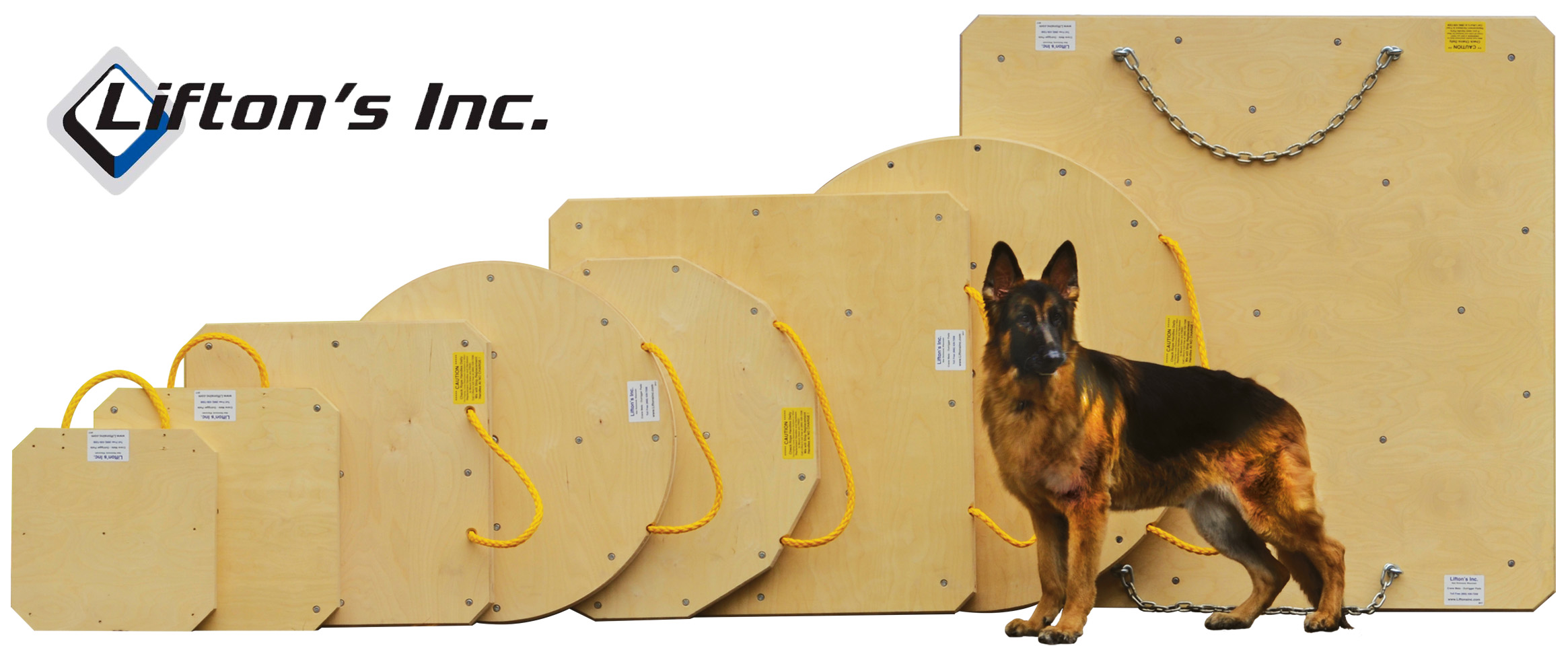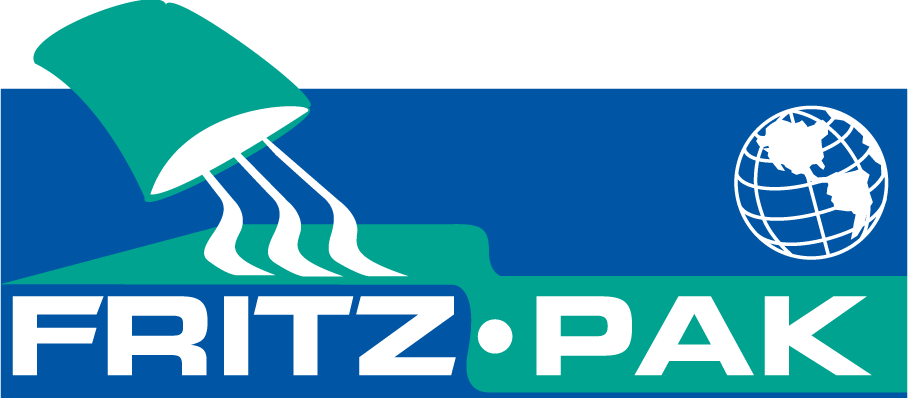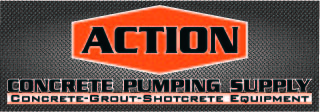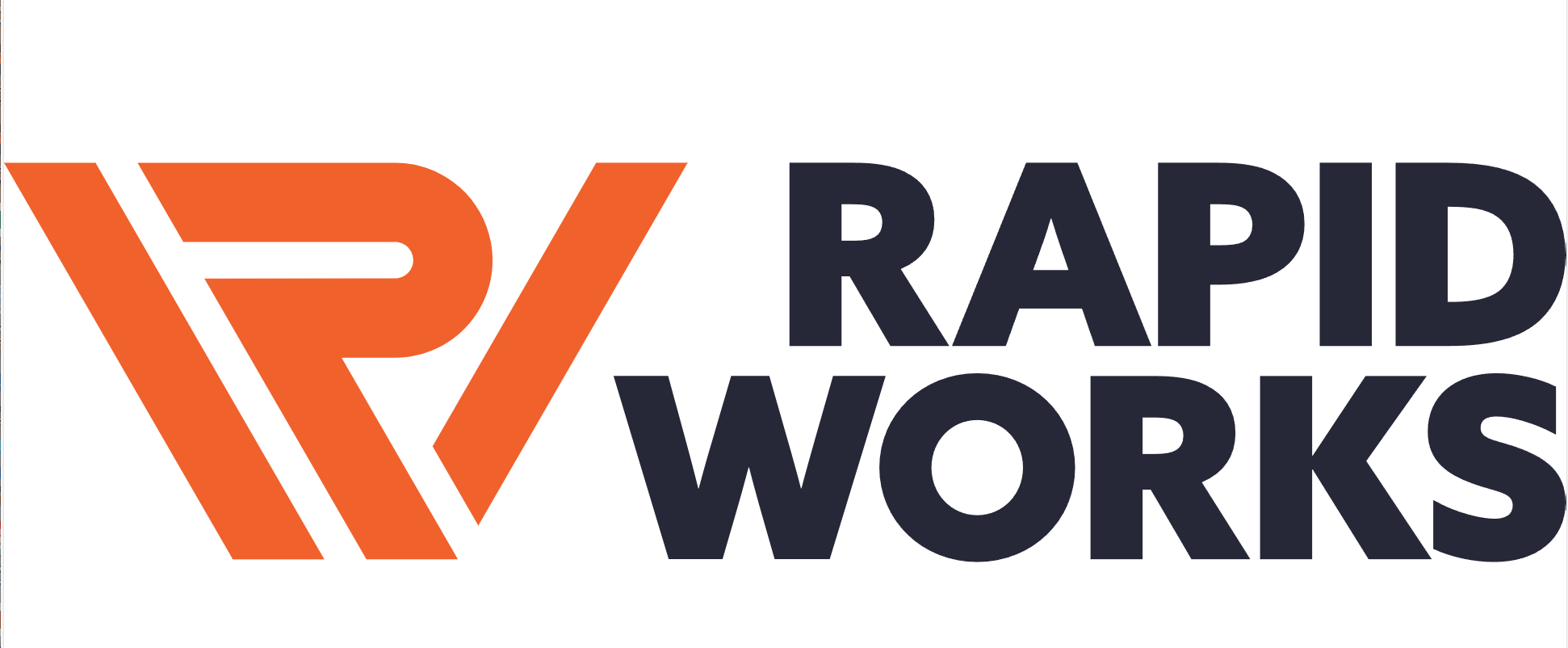Getting and Keeping Customers
GETTING AND KEEPING CUSTOMERS (WITHOUT CUTTING YOUR PRICE)
There's an old saying: "Never wrestle with a pig in the mud. You both get dirty and the pig loves it." That's just what we are doing when we let the customer badger us into cutting our prices.
When your customer asks you to reduce your price he is trying to eliminate your profit. He is not asking you to reduce the quality and cost of your service, your staff, or your equipment. He is asking you to reduce or eliminate your profit in order to get his business. Your price-chiseling customer is daring you to wrestle with him, in the mud of price-cutting, over which of you is going to get your profit.
In order to stay out of the mud you need to clearly make two basic decisions: what you are selling and your primary reason for selling it. What you are selling is not equipment rental and it's not a subcontract portion of a construction project. You should not be selling it to prove how large of a fleet you can keep busy, or how much of the market you can corner, or how much debt you can repay. You should not be doing it to make a living or to be your own boss. There are many better ways to make a living and you are never your own boss as a concrete pumper.
As a businessman your primary reason for selling concrete pumping service is to make a profit. You may love equipment or trucks, you may enjoy being an important part of something, you may get great satisfaction from being the biggest or the best, but these are great reasons to have a hobby. Running a business is first and foremost about making money, making a profit.
As a concrete pumper you are selling a service, the moving of concrete from the truck to the forms. The quality of that service is defined by how well your service enhances the productivity and profit of the contractor. You want your customer to believe that his concrete placing operation will be faster, more efficient and trouble-free, and more profitable when he is using your concrete pumping service, regardless of the price you charge.
So this is about how you get your customers to choose your service and pay the price you ask. It's about selling, something we do all the time. Selling is convincing someone that it is in their best interest to do what we want them to do. We convince our wives, or they convince us, to accept a vacation itinerary. We convince our kids to mow the lawn or the lady to make a date. For your business there are three targets for your selling efforts.
1.Convince your employees to provide an exceptional level of service to your customers.
2.Convince your customers to use your exceptional service and pay the price you set.
3.Convince your competitors to stick to their published rate sheets.
Convince your employees that they are the most important part of your business success. Their attitude and the quality of service they render directly determine your ability to get work for them at a price that will allow you to pay them well and make a profit. It is people, much more than equipment, that bring customers back. Your most effective marketing is done at the forms, by your operator on every pour you pump.
Selling at the forms: For your customer, placing the concrete is the nerve-wracking climax of a process that has been progressing for days or even weeks. During the placement, the pump operator is the most critical man on the job, next to the superintendent. He must be proactive in making the day go well. He must get involved in the contractor's process and problems. He must understand that every person he deals with, from the laborers to the superintendent, becomes a reference when you are trying to sell the next job. You should consider a person's ability to do these things before you hire him.
Some of the things your operator should do, or be prepared to do if he can without endangering his pump or the progress of the work are:
1.Treat everyone on the job in a polite and friendly manner. If there are conflicts he calls you to solve them.
2.Make sure he knows exactly where and how he is supposed to set up.
3.Help clean out the area where his pump is going to set-up. (A good shovel should be part of his on-board equipment.)
4.Make sure, where possible, that two trucks can and do back up to his pump to minimize idle time.
5.Clarify communication between himself and the placing crew.
6.Make absolutely sure he is ready to start before the concrete is scheduled to arrive.
7.Make absolutely sure he gets the first concrete through the line without plugging up. NO SHORTCUTS.
8.Keep busy while he is on the job. The operator is the most expensive man on site when the pump is not working. The contractor is paying $1.50 to $2.50 a minute for 9.his time on the job and has a right to see him working.
10.Clean his hoses, clamps and pump while waiting on concrete or other delays.
11.Find out where he is supposed to clean out before the pour is done.
12.Pitch in to solve a placing problem such as helping shovel concrete from a form blow-out. Drag hoses, muck, screed, or even trowel if the finisher is short-handed or behind. 13.Discuss the next pour with the foreman or superintendent.
14.Walk to a nearby store for drinks for the placing crew (you'll reimburse him).
Convince all of your staff that they are your front line sales team. Teach and motivate them to become professional and helpful in all their contacts with your customers.
Fire your salesman. He may be your worst enemy. Your customer most likely sees your salesman as a waste of his time, an irritation, and an opportunity to beat your price down. Give him a new title and a different set of responsibilities.
Instead of a salesman you need a Service Consultant, whose primary job is "Service Quality Management." He should visit every pour, as early in the pour as possible. He should ensure that the operator has his responsibilities under control, that the customer's people are pleased with how things are going, and the superintendent knows that he, the Service Consultant, was there. He should return to the jobsite to resolve any problems that come up during the pour. He (or better yet, you) should return at the end of the pour, asking the placing crew and then the superintendent how the job went. You or he should ask what your company might do to improve your service and start the planning for the next pour.
You should get a written recommendation from every job. Prepare a brief questionnaire asking the customer to rate your company's performance and write comments. Get permission to take jobsite photos and use the photos and comments in your advertising. Give copies of the customer's comments to your employees so they can improve their performance and take pride in a job well done. Use the comments and the photos to produce a sales brochure, which has your prices printed on the back.
Selling in the job-shack: Try to avoid doing this, it's the customer's best opportunity to chisel your price. If you have done a good enough job of selling at the forms on the customer's previous jobs, you won't have to do much in the job-shack.
When you have to make job-shack sales calls, go prepared and approach as a Concrete Pumping Service Consultant, not as a salesman.
1.Find out as much as you can about the job and any special problems or pumping requirements before you visit.
2.Take your brochure and prepared sheets discussing your scheduling policies, high-rise pumping, special pumping considerations for lightweight concrete, pump access requirements, etc., and leave any that are appropriate with your brochure.
3.Get names and phone numbers of the concrete subcontractors. Learn their concerns about the project and suggest ways your company can help.
4.Don't act presumptuous but conduct yourself as though you expected to pump the job.
5.Tell your customer about your fleet, your well-trained and helpful operators, your performance records, recent and current jobs, and your fine quality service.
6.Ask what concerns your customer has about concrete placing and pumping and show him how you can help.
7.Don't mention prices, yours or any others. If you are doing a really good sales job the customer won't bring it up except maybe as an afterthought. When he does, tell him they are on the back of the brochure and change the subject.
8.If he asks you for a cheaper price, be a little shocked. Tell him your prices are fair, competitive, and necessary to support the level and quality of service he needs and has a right to expect. Tell him your company refuses to lower it's quality of service in order to reduce it's prices. Tell him your Board of Directors sets your prices. Or anything else, except that there is any possibility of reducing your price. End the price discussion and ask to schedule the first pour.
9.He tells you your competitor is offering a better price. It may not be true. Act skeptical, ask which company and how much cheaper to see if he is bluffing. Tell him every business sets its prices based on what they think their customer should pay for the quality they are offering. GM doesn't try to sell Chevys for Cadillac prices. You don't know how your competitors arrive at their prices but you know your company's services are worth more than the price you've quoted. End the price discussion and ask to schedule the first pour.
10.He tells you your company won't be considered unless you cut your price. Thank him for his honesty and wish him the best of luck with his lowest bid service provider. Tell him your company stands ready to provide him the best pumping service in town if he changes his mind. Leave his office knowing that he respects you and your company and that one of your competitors will be doing the job for free (i.e., no profit).
11.If you don't get the job don't give up. Often, the first pumper on a job is not the one who finishes it. The first pour is often screwed up and the problems are frequently blamed on the pumper. The bigger the project the more likely this is true. Return to the site as soon as possible after the first pour to find out how it went and again after the next two or three. Talk to the placing crews, the ready mix drivers, and then to the superintendent. Show him how some aspect of your service might have prevented some problem that occurred. Ask him to try your excellent service on the next pour.
12.Find out who got the job and, if possible, what the prices were. Send the winning bidder a fax, congratulating him on a successful bid. Include a copy of your quote (it should be your standard price sheet) and your estimate of how much total money he left on the table. Don't taunt, just be informative.
13.Ask the customer for his business every time you talk to him, even if you expect him to say "no." Then shut up, and look him in the eye until he answers.
Selling everywhere else. Some of the best selling you can do is nowhere near the job you are trying to pump. It is building relationships with people who will help you get work without concern about the price.
Subcontractors are usually very busy people. Help them out by finding upcoming jobs they can bid. Read the local construction magazine and track the building permits lists. Do a little research to find information about each job: how many yards, square feet, stories, etc. Get the list of bidders and the bid date. Call the subs, at home if necessary, and tell them about the jobs you found and say you thought they might be interested in bidding them. Ask them about work they have coming up and if a pump will be helpful. Ask for their help in getting the pumping.
Cultivate relationships with the ready mix companies. Their attitude toward your company can make you or break you. Visit with the drivers, take the salesman to lunch, drop in on the dispatcher and plant operator late in the day when things have slowed down. Never badmouth their product or service. When you have problems pumping their mud, ask for their help in solving it, don't tell them how to solve it. Ask them to recommend your pumping service.
Get your customers involved in your business. Have a christening party for your new pump. Hold a thank you barbecue or an open house. Stage a pump operator's rodeo. Ask them to help name your pumps. Mail out a monthly newsletter about the activities of your company.
Get involved in your customer's business. Learn how to trowel a slab or run a vibrator. Familiarize yourself with the chute controls on the ready mix trucks so you can help them back in. Learn the correct way to make concrete tests and discretely inform the contractor when it's being done wrong. Join their industry organizations as an associate member. Offer seminars on concrete pumping and its benefits. Ask your customers about their problems and concerns and learn as much as you can about their business.
Get involved in the community. Sponsor a Little League team. Join the Chamber of Commerce. Paint your pump in the team colors of a local school and get in a parade or use the booms as an entry arch at a public event. Send job photos and stories to the local paper. Volunteer for church and community fund raisers. Donate pumping service to Habitat for Humanity projects and church building projects.
Finally, convince your competitor that cutting his prices is throwing away his money and earning the disrespect of your mutual customers. Convince him that you will always be quoting your published price by refusing to quote anything else. Inform him of the amount of money he left behind when he got a job by undercutting your price. Let him learn from your customers that they are using your company because the quality of your service saves them money. Hopefully he's bright enough to figure out that there is no point in cutting his prices and to quit doing it.
Thanks for your patience in reading this long article. It contains the accumulated ideas, experience, and wisdom from many pumping companies all over the country. This approach can and does work and make the business of concrete pumping profitable and possibly even enjoyable. If you're skeptical read the article "Show Me the Money" and then think about it some more.
Written By Eisele, Fred UsedConcretePumps.com
Published by ConcretePumping.com











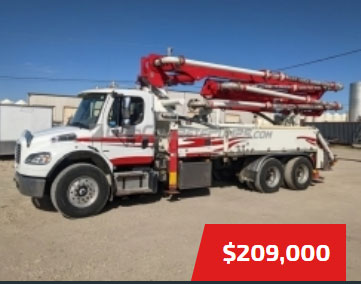


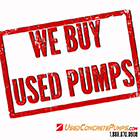

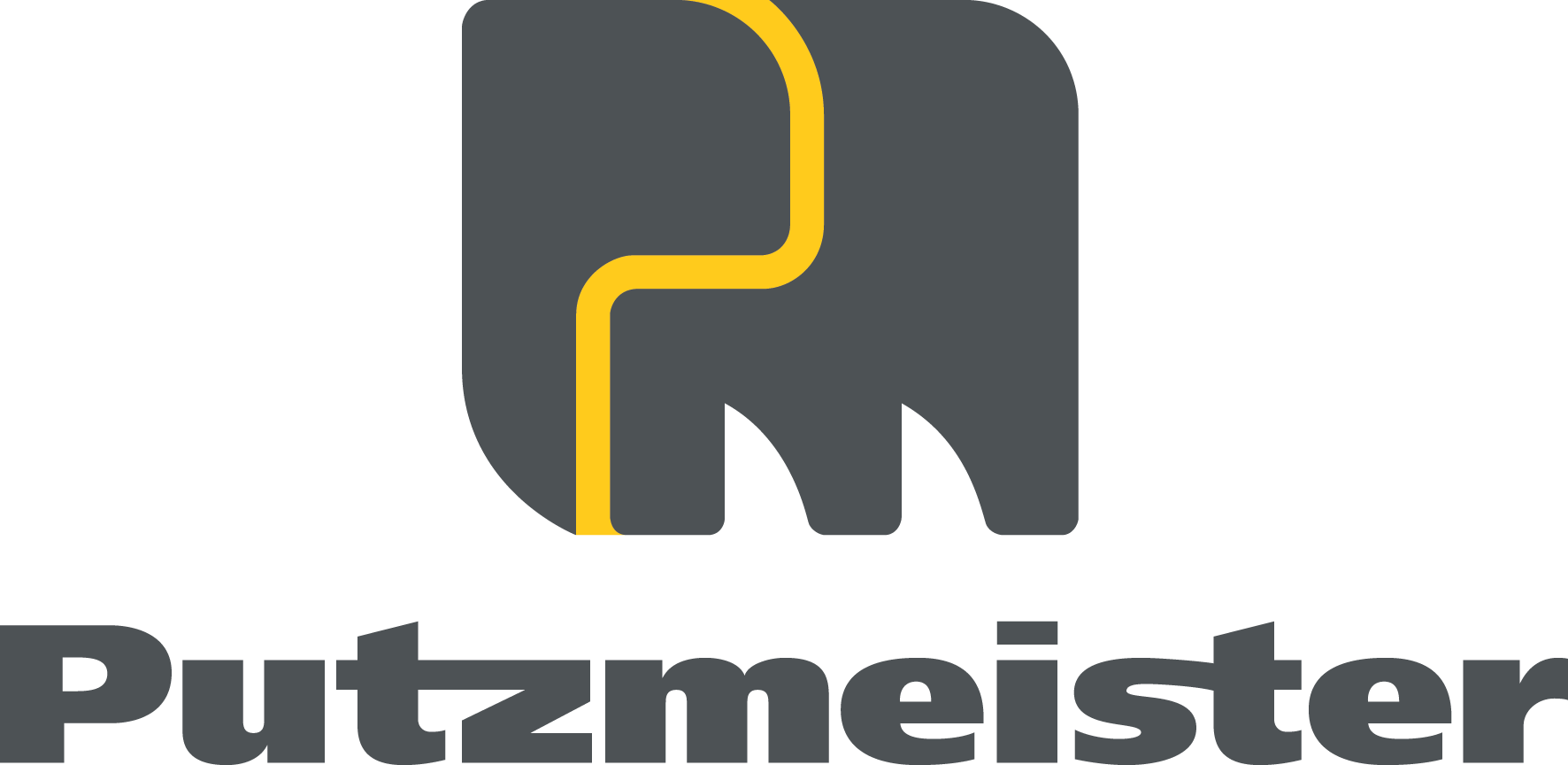



.jpg)
.gif)

.jpg)

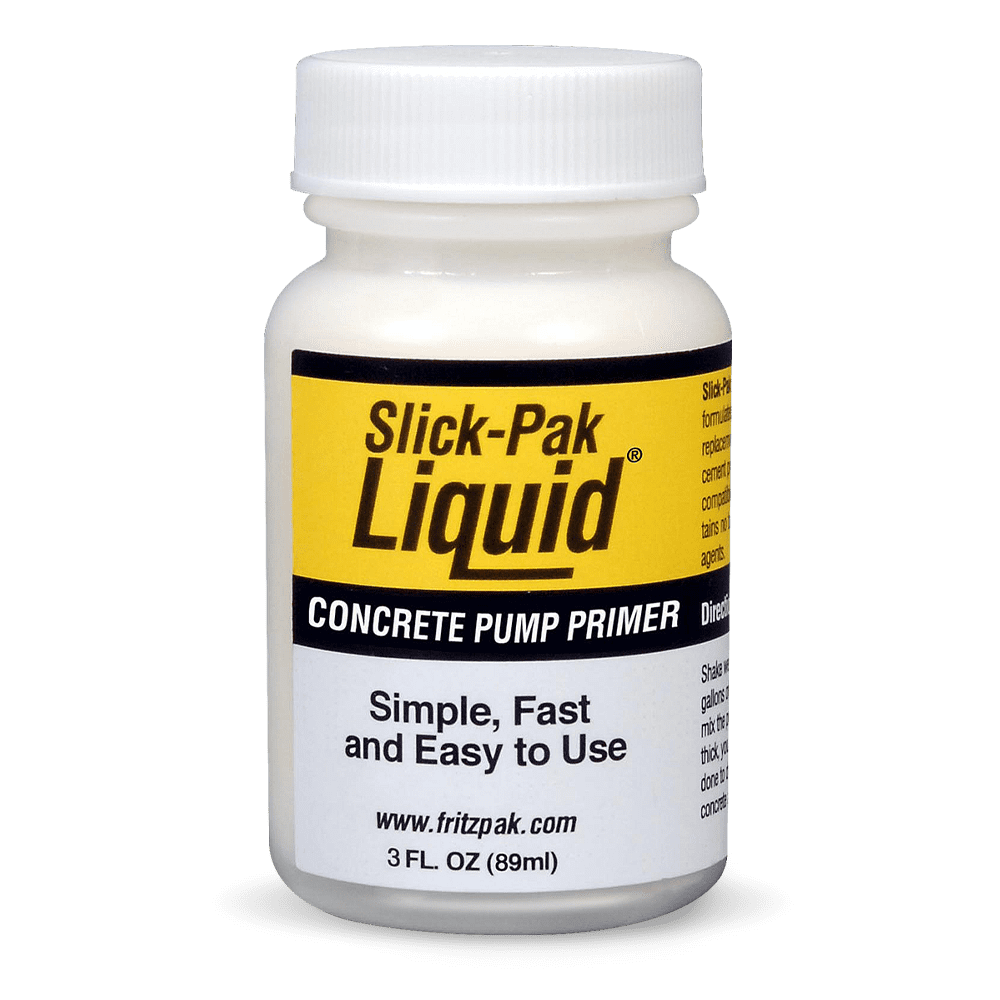






.jpg)
